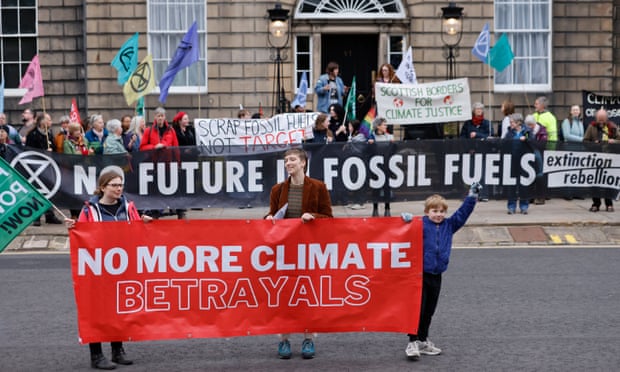Nixon Advisers’ Climate Research Plan: Another Lost Chance on the Road to Crisis

A 1971 plan for a global carbon dioxide monitoring network never came to fruition. The proposal is detailed in a document newly unearthed by the National Security Archive.
In 1971, President Richard Nixon’s science advisers proposed a multimillion dollar climate change research project with benefits they said were too “immense” to be quantified, since they involved “ensuring man’s survival,” according to a White House document newly obtained by the nonprofit National Security Archive and shared exclusively with Inside Climate News.
…
It has long been known that Nixon’s advisers warned him of the risks of global warming. A tranche of documents released by the Nixon Presidential Library in 2010 showed that his then-adviser Daniel Patrick Moynihan urged his administration to engage with the issue as early as 1969. Moynihan, who later served 24 years as U.S. Senator from New York, noted that sea level rise of 10 feet was possible with a 7-degree Fahrenheit (3.9-degree Celsius) temperature increase. “Goodbye, New York,” he wrote. “Goodbye Washington, for that matter.”
But the newly revealed Dec. 20, 1971, research proposal by the White House Office of Science and Technology shows for the first time that Nixon’s science advisors embarked on an extensive analysis of the potential risks of climate change and an assessment of the data needs.
…
“No analysis is feasible. Benefits are immense, but not quantifiable, since this element contributes to ensuring man’s survival.”
Under a section marked “cost-benefit analysis,” the authors wrote, “No analysis is feasible. Benefits are immense, but not quantifiable, since this element contributes to ensuring man’s survival.”
Nixon’s aides proposed that the government embark on development of new instruments using lidar, or light-detecting and remote sensing—a technology then less than a decade old—to better measure carbon in the atmosphere. They were correct on the advantages of lidar, but it would be more than four decades until scientists at NASA and around the world began to implement its use to study not just the concentration of carbon dioxide, but its global distribution and daily variations.
“I felt like this document was really ahead of its time,” Santarsiero said.
Decades before a scientific consensus emerged on climate change, Nixon’s science advisers conveyed an understanding of the risks. Research, they wrote, would assist in “taking of protective measures against potential natural disasters such as large-scale inundation of low-lying coastal regions, broad extensions of ice sheets and severe health hazards.”
…




